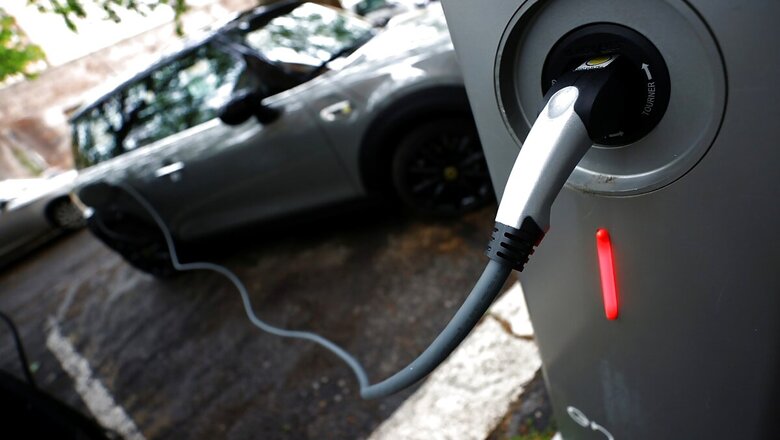
views
The European Commission’s proposals to phase out the sale of new combustion engine cars in Europe in 2035 has taken some manufacturers by surprise, even though most have already anticipated the move. The European Commission has published a series of proposals to adapt the European Union’s climate, energy, transport and tax policies in order to drastically reduce greenhouse gas emissions in the zone. One of the most spectacular measures of this “Green Deal" concerns the automobile industry, with the obligation for manufacturers to stop producing new internal combustion engine vehicles as of 2035.
In this respect, many — bot not all — car manufacturers are already ahead of the game. In recent years, many brands have announced plans to switch to all-electric vehicles in the short or longer term.
This is the case with Volvo, for example, with models that are now all fully electric or plug-in hybrids. This should also be the case for DS, Jaguar Land Rover, Maserati and Mercedes by 2026. Bentley and Porsche, meanwhile, are talking about 2030. Volkswagen has also planned to switch entirely to electric vehicles by 2035 — just in time. Finally, at BMW and Fiat, half of the range is already made up of hybrid or fully electric models.
In terms of French automakers, Renault has long been a pioneer of 100% electric models, and is even preparing to revive its legendary R5 and 4L cars in this new form. For its part, Citroën is aiming to have each of its future launches systematically accompanied by an electric version, whether plug-in hybrid for large vehicles or fully electric for urban models. For Peugeot, the target date is 2030.
In the meantime, the European Commission’s proposal will be discussed in the coming months before being voted on and potentially adopted, on the condition that there is at least one charging point available every 60 kilometers throughout the European Union.
According to a study recently published by Ernst & Young, electric car sales are expected to represent a majority worldwide by 2033. In Europe, the tipping point could come even sooner, as early as 2028.
Read all the Latest News, Breaking News and Coronavirus News here.



















Comments
0 comment